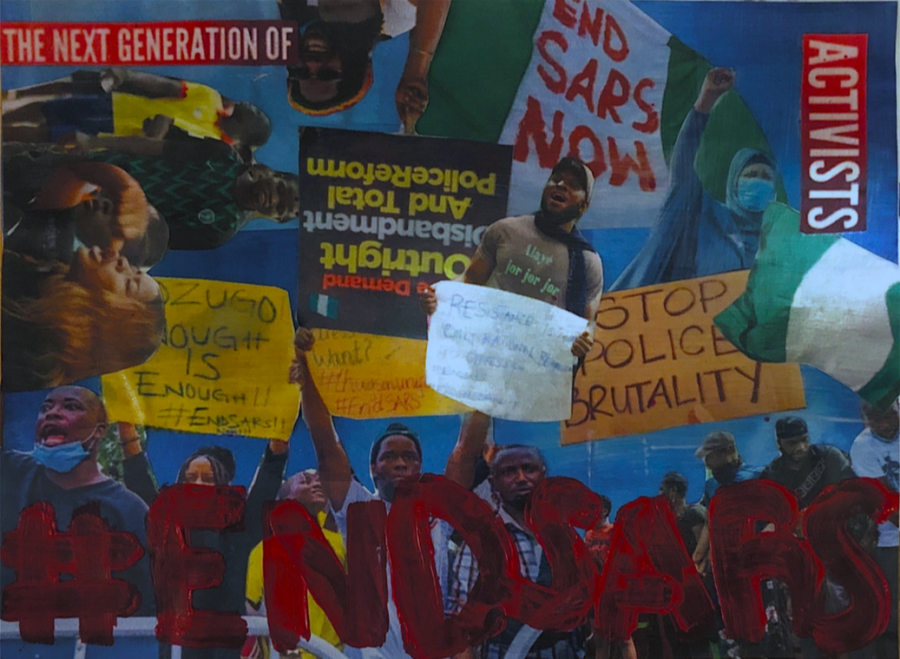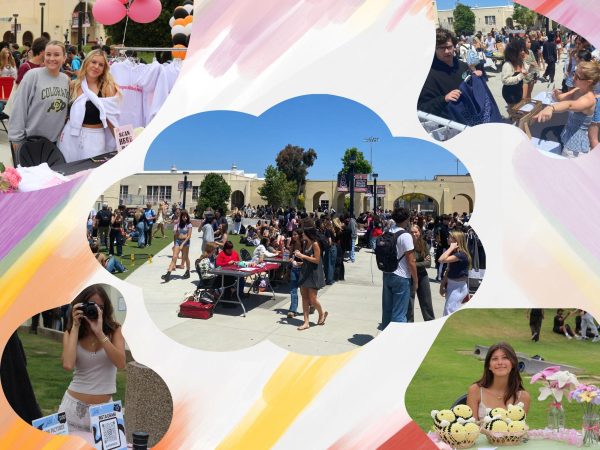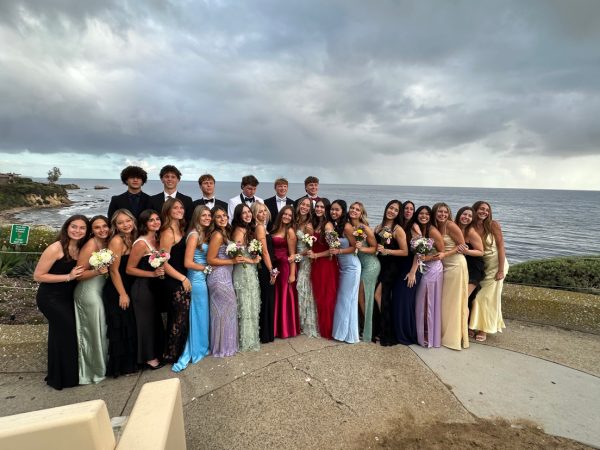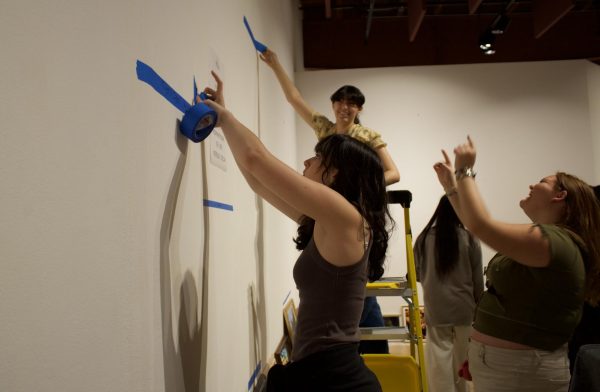#EndSARS: A Nigerian Movement Against Police Brutality
#endSARS. Original Artwork by: Sarah Hart.
In the latter part of October, the social media movement through infographics and other posts tagged as #endSARS, referring to the widespread protests against the Nigerian Special Anti-Robbery Squad (SARS), became widely known within western media. Mass protests were sparked when a video was released of two members of a federal undercover police squad shooting a man in Delta State, Nigeria on October 3rd during a police search.
Since then, the Nigerian police have used excessive force on peaceful protestors, and on October 20th, forces opened fire on peaceful protestors at Alausa and the Lekki Toll Gate Lagos, resulting in twelve fatalities and several hundred severe injuries. Outcry increased further, this time for justice for the Lekki Toll Gate Massacre and the abolition of SARS. Eyewitness reports and video footage provide verified evidence that, moments before the army and police opened fire, protestors were peacefully chanting and singing.
A preponderance of evidence has surfaced in large amounts regarding the abuse of SARS officers, including individuals using their power to force bribes, police brutality, extra-judicial killings, and torture. According to Amnesty International, earlier this year at least 82 cases of SARS’s abuses of power resulting in bodily harm towards Nigerians were recorded from January 2017 to May 2020. Victims tended to be lower class young men who were usually beaten with machetes and sticks and denied medical attention.
Thousands outside of Nigeria have protested in solidarity, most notably in Canada and London, with social media support from Nigerian celebrities such as Nigerian singer-songwriter Wizkid and Star Wars actor John Boyega.
On October 11, 2020, the Nigerian government announced the following on Twitter: “The Special Anti-Robbery Squad (SARS) of the Nigeria Police Force…[had] been dissolved WITH IMMEDIATE EFFECT” and that “The Inspector General of Police [would] communicate further developments in this regard. All officers and men of the [then] defunct Special Anti-Robbery Squad (SARS) [would] be redeployed with immediate effect.”
This is not the first time the #endSARS tag has been used. In 2018, Vice-President Yemi Osinbajo ordered the reformation of SARS in overhauling management. Still, the issues that Nigerian protestors have been advocating for are far from solved. Many worry that the officers from SARS will simply be reemployed and transferred to new units, not removed from the force. It stands to reason that the dissolution of SARS will solve one facet of a larger, more deeply rooted issue of police reformation.
However, the events in Nigeria this past October have demonstrated the power and integrity that younger generations have with their social media prowess and perseverance for change. Many agree that there is a #NewNigeria, composed of citizens who are no longer afraid to speak out against injustice and fight for change. Hundreds of Nigerian youth activists are continuing to speak out and push for change in the hopes that they will see their country’s police force rebuilt into an instrument for justice and safety.
Resources to Explore & Donate To:
Your donation will support the student journalists of Huntington Beach High School. Your contribution will allow us to cover our annual website hosting costs.
Thank you for supporting our program!







